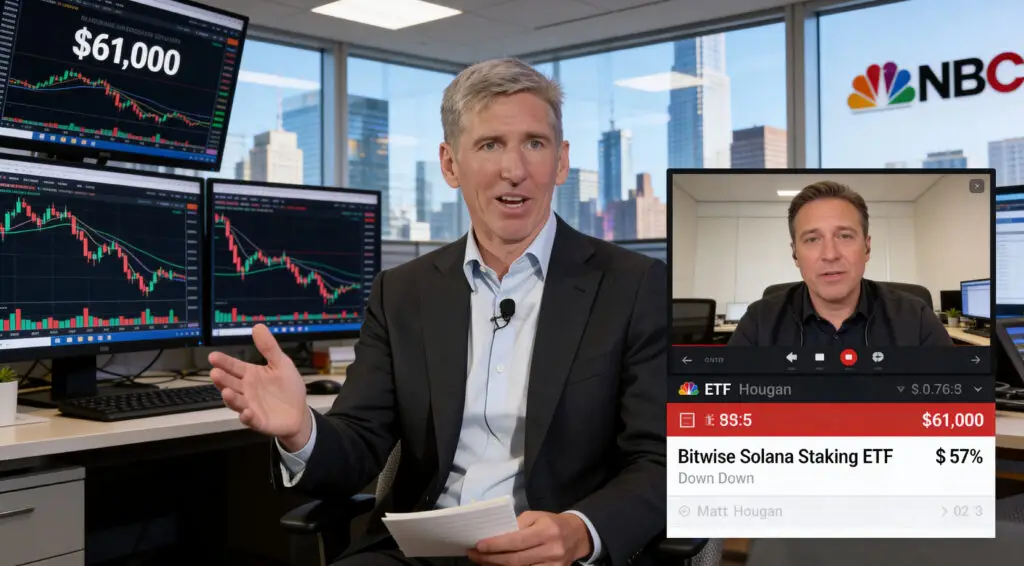China’s Dominance in Rare Earths and US Dependency
For more than two decades, China has meticulously built its dominance in the rare earth market, which is crucial for manufacturing everything from smartphones to missile-guidance systems. The world has become almost entirely dependent on Chinese companies to separate and refine these critical minerals. According to Gracelin Baskaran, director of the Critical Minerals Security Programme at the Centre for Strategic and International Studies, China still controls up to 90% of the rare earth separation and refining capacity and over half of mining output.
While US-based companies like MP Materials and Australia’s Lynas are developing their own separation technologies, China’s control remains a major strategic vulnerability for the US and its allies. The US has one major rare earth mine, MP Materials’ Mountain Pass, but until recently, it was exporting its raw materials to China for separation, highlighting the country’s lack of internal processing capacity. This dependence has been a growing concern for the US defence industry and policymakers seeking to secure critical supply chains.
The Luu Anh Tuan Case: A Challenge to Beijing’s Monopoly
The arrest of Luu Anh Tuan, a Vietnamese entrepreneur and US permanent resident, highlights China’s efforts to maintain its grip on the rare earth market. Tuan had fled Vietnam for the US due to Beijing’s tightening grip and signed a technology transfer agreement to bring his heavy rare earth separation technology to a US company. In July 2023, Vietnamese authorities raided Tuan’s Hanoi office, arresting 17 employees.
Tuan was accused of forging a value-added tax receipt and sentenced to 16 years in prison and a $10 million fine. His supporters, including his US business partner Richard Dunham, believe the charges were manipulated by Vietnamese state actors who have realigned themselves with China. Fox News Digital could not independently verify this claim, but it is consistent with reports of human rights abuses in Vietnam.
The Technology at the Centre of the Dispute
At the heart of this geopolitical drama is a critical technology for producing heavy rare earth oxides. Luu Anh Tuan’s company, VTRE, had developed a solvent extraction system capable of producing heavy rare earth oxides from xenotime, monazite, and ion-absorption clay at a purity of 95%. This technology was also capable of recycling NdFeB magnets, making it a highly valuable asset in the clean energy and defence sectors. The technology’s ability to process diverse ore types and reduce reliance on China’s separation capacity made it a direct threat to Beijing’s monopoly.
Tuan had met with officials from the state of Nevada and the US Department of Energy, who were “enthusiastic” about his proposal to bring this technology to the US. His arrest, which came just as Vietnam was preparing to auction the Dong Pao mine, for which VTRE was the only qualified bidder, appears to be a direct attempt to prevent this technology transfer and maintain China’s strategic advantage in the rare earth market.
Broader Implications China’s Crackdown and US Response
Tuan’s case is a stark example of China’s broader crackdown on rare earth technology. In December, China banned rare earth extraction and separation, a move that the industry saw as a direct effort to maintain its monopoly. This ban, according to Gracelin Baskaran, made countries like the US and Australia “realise that they didn’t actually even have the technical know-how to do it themselves.” In response to this threat, the US has accelerated its efforts to stockpile rare earths and develop its own separation capacity at home.
The US defence industry has raised major concerns about Beijing’s tightened controls on rare earth exports, as they remain banned for defence purposes. This geopolitical rivalry over rare earth minerals, a critical component of modern technology and military systems, is only intensifying. The US Senate is also considering legislation to give the country an edge over China in harvesting these minerals, signalling a growing political will to address this strategic vulnerability.
The Human Cost and Lack of Redress
The case of Luu Anh Tuan highlights the severe human cost of the geopolitical rivalry between the US and Vietnam. Tuan, a US permanent resident, has been isolated from his family and lawyers since his arrest two years ago. The State Department has documented reports of arbitrary arrests, torture, and medical neglect in Vietnam, raising concerns about his treatment. Advocates claim he was tortured to obtain a guilty plea, and his sentence is “totally unheard of.”
This lack of a clear legal process and fair trial underscores the challenges of doing business in countries with close ties to the Chinese Communist Party. The US government faces a complex diplomatic and human rights challenge in securing critical supply chains and advocating for Tuan’s rights. The outcome will determine how the US and its allies approach future partnerships in the rare earth market.
Read More: United Airlines Tech Glitch Grounds Flights, Causing Nationwide Delays















